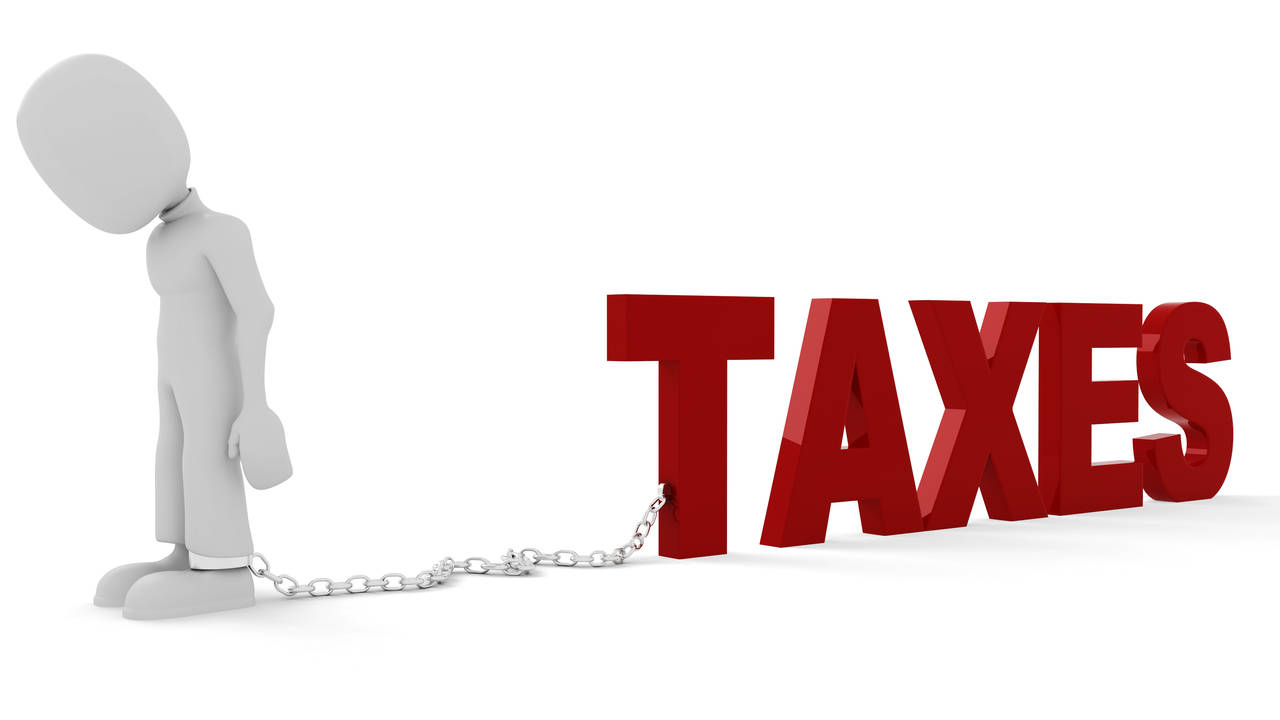There are certain opportunities during the IRS Collection Process where taxpayers are given an opportunity to invoke their Collection Due Process (CDP) rights. These opportunities include when a Notice of Federal Tax Lien (NFTL) is filed, or when the IRS issues a Final Notice of their Intent to Levy the taxpayer (typically Letter 11 or 1058). When these notices are sent to the taxpayer, the taxpayer has 30 days to respond by filing IRS Form 12153 to invoke their CDP rights. I believe that if a taxpayer is given this right, they should ALWAYS invoke their CDP rights.
When the Form 12153 is filed timely and correctly, three good things happen for the taxpayer:
- Collection Activity is put on hold for the taxpayer,
- The taxpayer has the right to go before an Appeals Officer to negotiate a solution to their problem, and
- The taxpayer preserves their right to be heard by the United States Tax Court should they choose to do so.
I recommend that a taxpayer invoke their CDP rights, even if they are working with the IRS, and they believe they will reach an agreement. If for whatever reason, the negotiation with the IRS falls through, unless they’ve requested the CDP appeal rights timely, they’ve lost their right to do so. Taxpayers still have a right to an Appeal Hearing by requesting an Equivalency Hearing within One Year of the Notice, however, an Equivalency Hearing does not put a stop to collections, and does not preserve their right for their case to be heard in US Tax Court. For these reasons, I believe a taxpayer should ALWAYS invoke their CDP Rights.
Do you Need Help?
If you need help in resolving your tax debt, we can help you. Please give me a call at (972) 821-1991 or at bob@jablonskyandassocates.com. To learn more about us, visit our website at https://jablonskyandassociates.com/.


Comments(0)